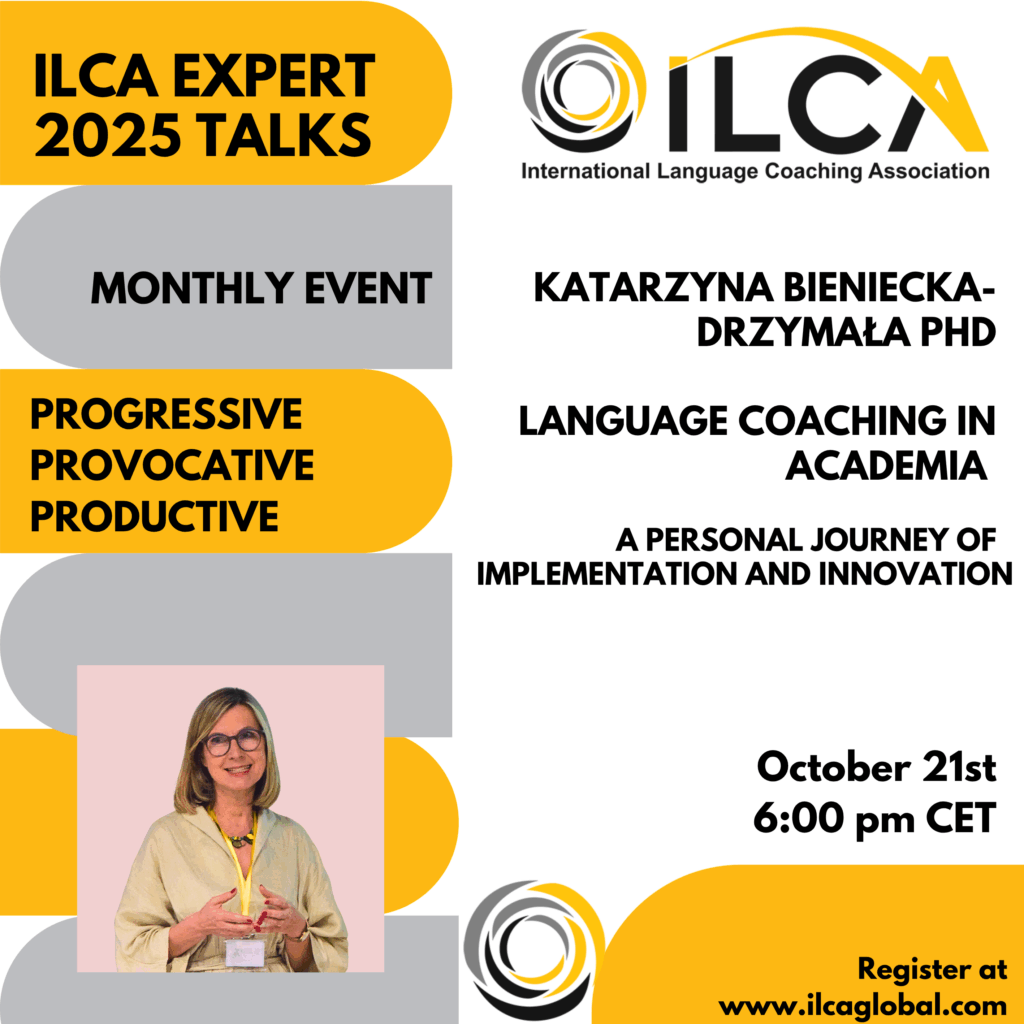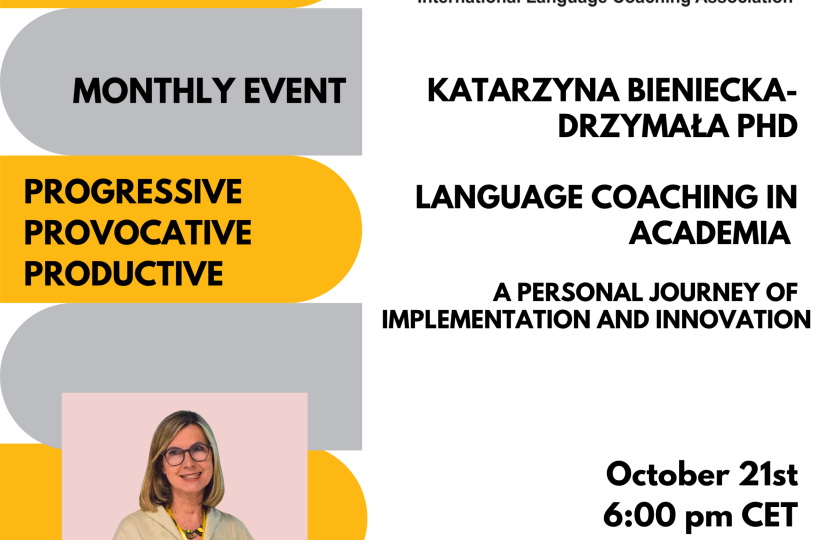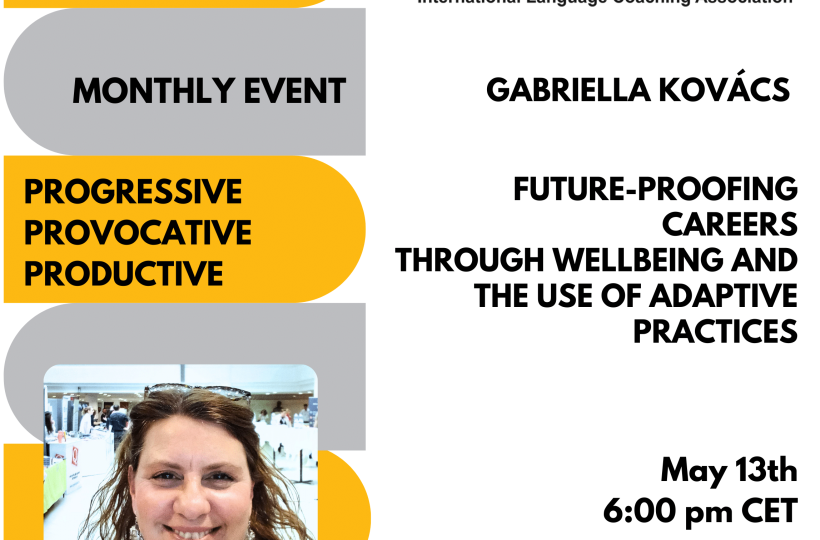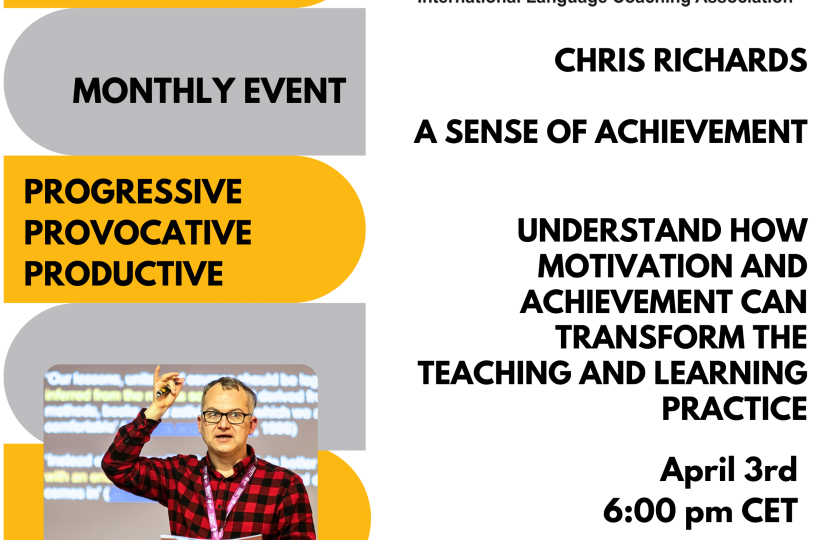with Katarzyna Bieniecka-Drzymała PhD
Discover how a pioneering initiative within the Department of Modern Languages
fosters personal and linguistic growth through individualized coaching and
workshops. Learn how a small, dynamic team of coaches and researchers is reshaping
student support.
Gain a window into an instructor-created course on discursive practices in mediation
dialogue, where students learn person-centred communication and coaching
principles—culminating in a live coaching exam. The course draws on ICF principles of
conducting coaching dialogue and insights gained from the research of Katarzyna
conducted for her PhD on language coaching.
This talk will offer practical strategies, reflective insights, and a vision for how coaching can
empower learners and educators alike in higher education settings.
Join Katarzyna Bieniecka-Drzymała PhD and ACC ICF, founder of KOUCZ Studio at Adam
Mickiewicz University, for an inspiring and practice-driven session on integrating language
coaching into academic environments. Drawing from her multi-faceted experience,
Katarzyna will share insights into two key areas of implementation




